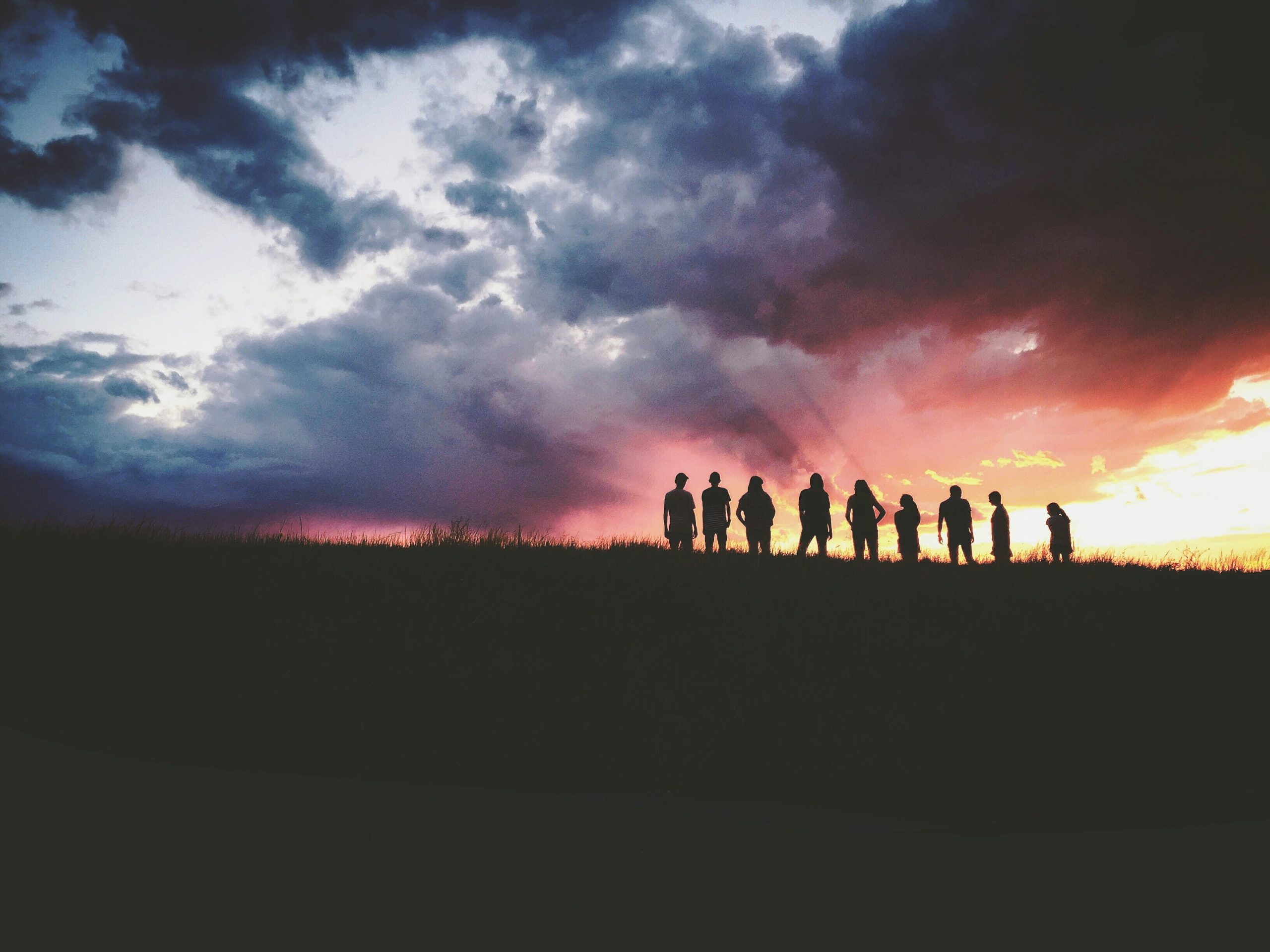Friendship is a cornerstone of human experience, deeply embedded in our psychological need for connection, validation, and support. But it’s also a relationship often mired in unspoken expectations and emotional complexities. I recently experienced this firsthand when a close friend and I had a falling out over something that, on the surface, seemed simple: time. More specifically, my friend felt I wasn’t prioritizing her or our friendship enough. What made this especially difficult was that while I was juggling multiple responsibilities, she believed that our friendship should take a higher place on my list of priorities.
This incident has left me contemplating some bigger questions: What do we really owe our friends? What does it mean to prioritize someone, especially when life demands so much of our attention? And why do friendships sometimes fracture when one person feels overlooked, even if the relationship itself remains meaningful?
At its core, friendship fulfills a basic human need for companionship and belonging. According to psychologist Abraham Maslow, a feeling of belonging is one of our most essential psychological needs, sitting just above physiological and safety needs in his famous hierarchy. Friendships provide validation, emotional security and support during tough times, which explains why feelings of neglect in friendships can evoke such strong emotional reactions. When a friend feels they’re no longer prioritized, it can threaten this sense of belonging, triggering feelings of abandonment or rejection, even if the reality is more nuanced.
In my situation, I’ve often been the one reaching out, initiating plans, and making sure the friendship stayed intact despite my busy schedule. However, when I double-booked us—a mistake—my friend reacted strongly, expressing frustration that I wasn’t prioritizing her. The emotional intensity of her response made me wonder about the underlying psychology of friendships and expectations. To what extent should we go to make sure our friends feel valued, especially when our own lives are full of competing responsibilities?
The psychology of friendship suggests that different people have different needs when it comes to how they feel valued. For some, time and attention are the ultimate markers of friendship—being present, making plans, and spending time together are key to maintaining closeness. Others, however, might prioritize emotional availability, understanding, and support during pivotal moments rather than frequent interaction. Both are valid, but these expectations can easily clash, leading to feelings of dissatisfaction or neglect.
In my case, my friend’s expectation of prioritization seemed to hinge on frequency—how often we saw each other or made plans. For me, prioritization looks different: it’s about being there when it really counts, when someone needs support or when something important happens in their life. Our differing views on what it means to prioritize a friendship seem to have created a rift that neither of us fully understood at the time.
The psychological theory of “attachment” also provides insight into why some friendships falter when one person feels ignored. People who have an “anxious attachment style,” for instance, often crave more reassurance and attention in their relationships, feeling distressed when they perceive a lack of closeness. Those with a “secure attachment style,” on the other hand, tend to feel more comfortable with space and distance, knowing that the bond remains strong regardless of daily interaction. Reflecting on this, I realize that our attachment styles might differ, and that could explain why my friend felt so hurt by what I saw as a minor scheduling error.
This situation has also made me question the concept of loyalty in friendships. There’s an unspoken belief that we “owe” something to those who have been there for us, especially during hard times. My friend had supported me in the past, and I’ve appreciated her presence, but does that mean I owe her more of my time, energy, or attention now? Is loyalty in friendship transactional, or should it evolve naturally with the ebb and flow of life’s demands?
I’ve come to realize that loyalty in friendships is more about emotional presence than physical presence. We might not be able to see each other as often as we used to, but when we do, the bond should feel just as strong. However, when a friend starts keeping score—counting the number of times you initiate plans, or how much time you spend with others—it shifts the dynamic. The relationship becomes transactional, filled with expectations and demands that feel more like obligations than mutual support.
Moreover, the conversation with my friend took an unexpected turn when she voiced her dislike for one of my other friends and my roommate. Her judgment caught me off guard, as I’ve always believed friendships should be spaces of acceptance. This added another layer of complexity to the question of friendship obligations: Should we change aspects of our life or social circle to accommodate a friend’s preferences? How much of ourselves do we owe to someone, simply because we care about them?
In reflecting on this fallout, I’ve realized that friendships are fluid. They shift and change as we grow and evolve. Some friends will walk with us through all stages of life, adapting to our changes, while others may struggle with the natural shifts in dynamic. What we owe our friends isn’t endless time or attention. We owe them understanding, empathy and honesty. But friendships must also allow room for each person to grow. We need to respect that our lives won’t always align perfectly, and that prioritizing someone doesn’t always mean frequent contact—it means being there in ways that matter most, even if that looks different over time.
In the end, a true friendship is built on mutual respect and the ability to navigate these differences. It’s about recognizing that life will sometimes get in the way, but the bond remains strong when it’s rooted in shared trust and understanding.
Photo by Hudson Hintze on Unsplash
Opinions expressed in The Nevada Sagebrush are solely those of the author and do not necessarily express the views of The Sagebrush or its staff. Emily Hess is a student at the University of Nevada studying journalism. She can be reached at emilyhess@sagebrush.unr.edu and on Twitter @emilyghess3.









